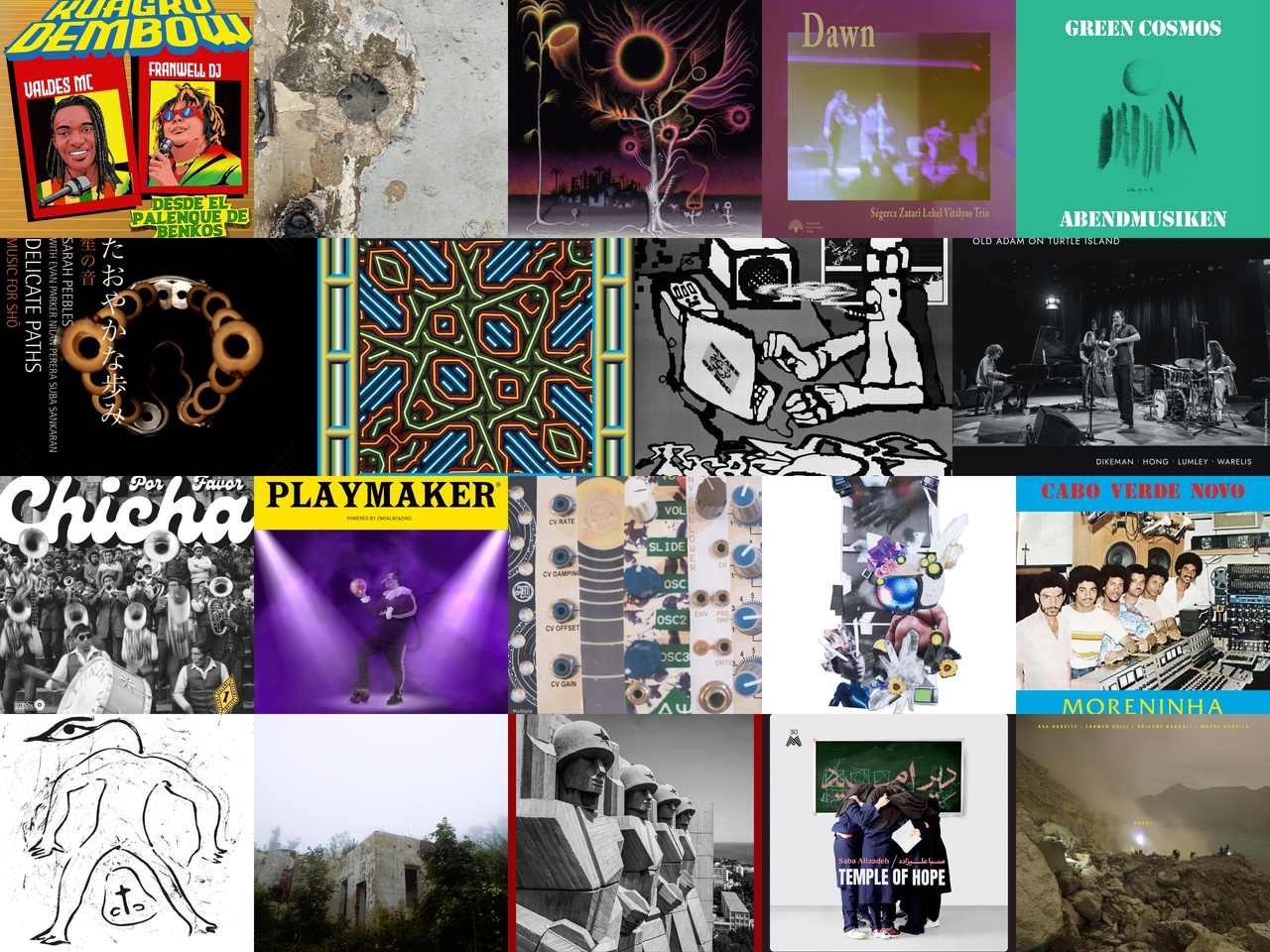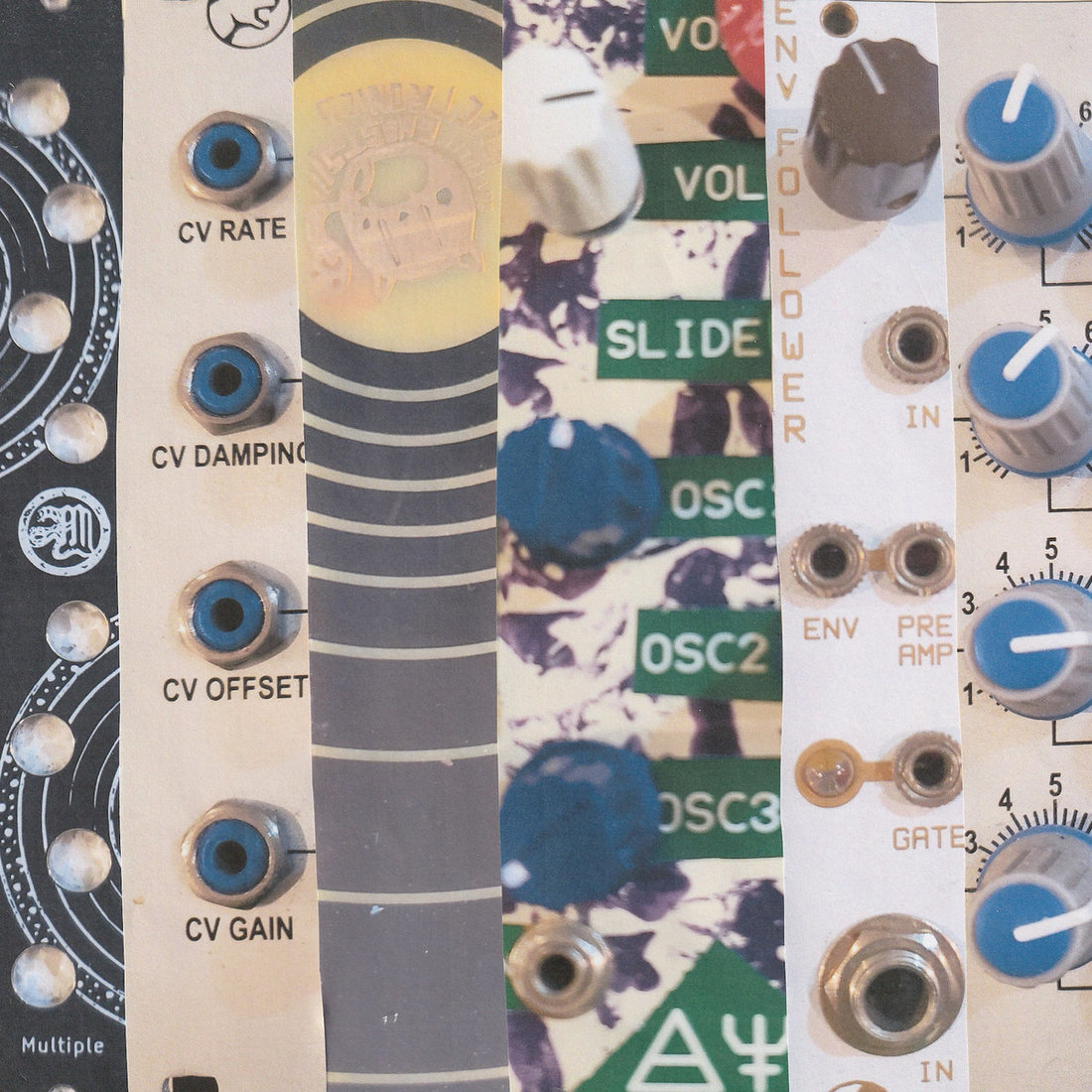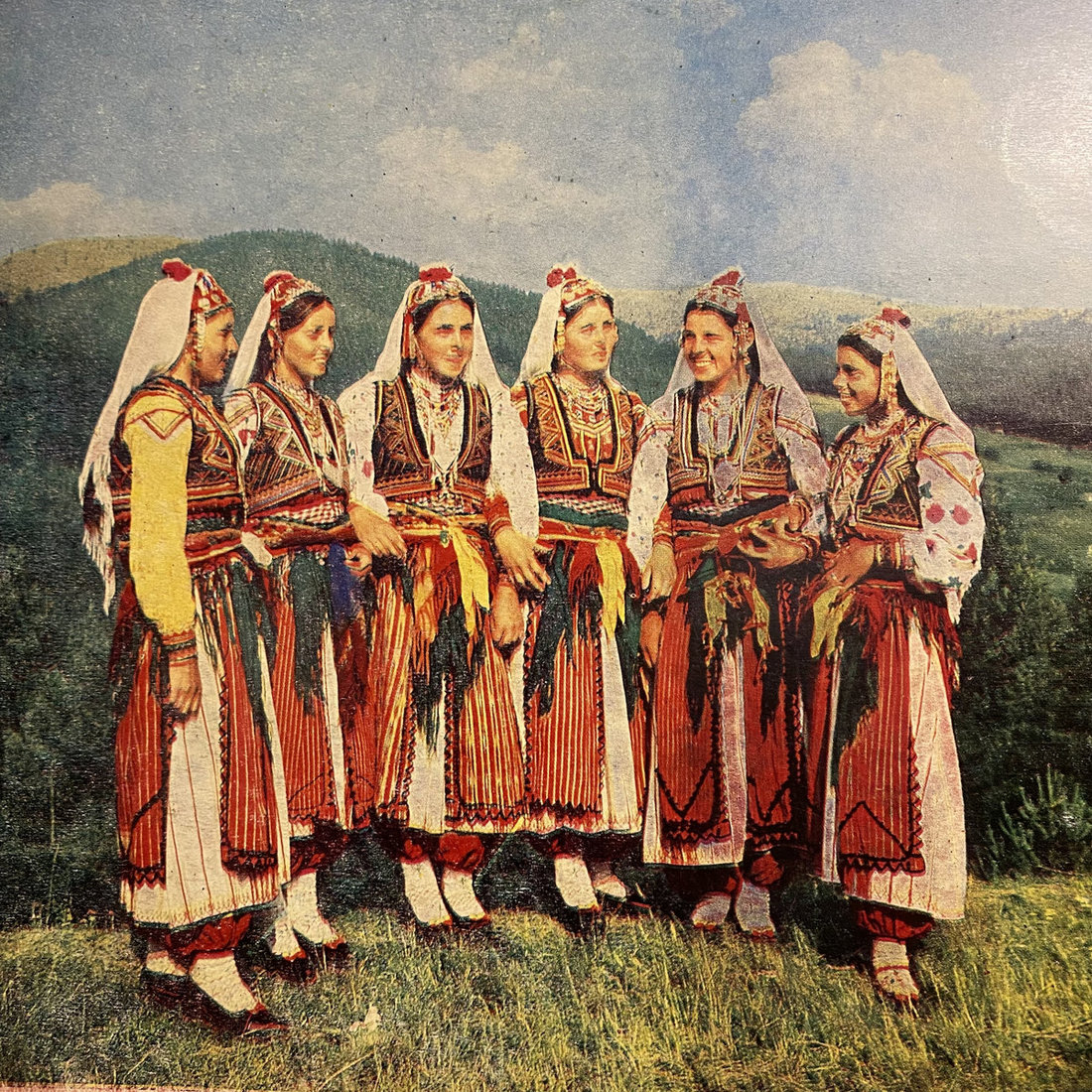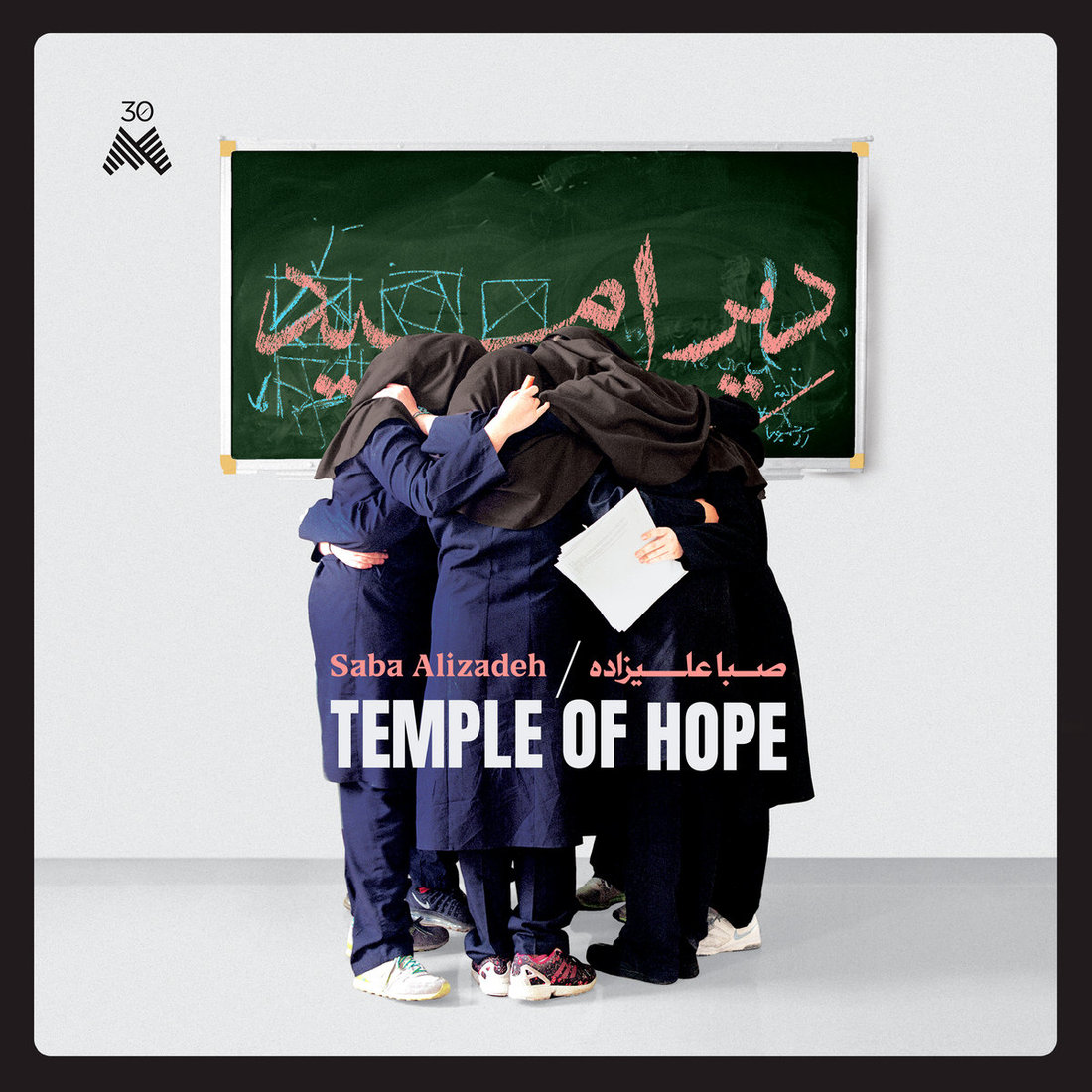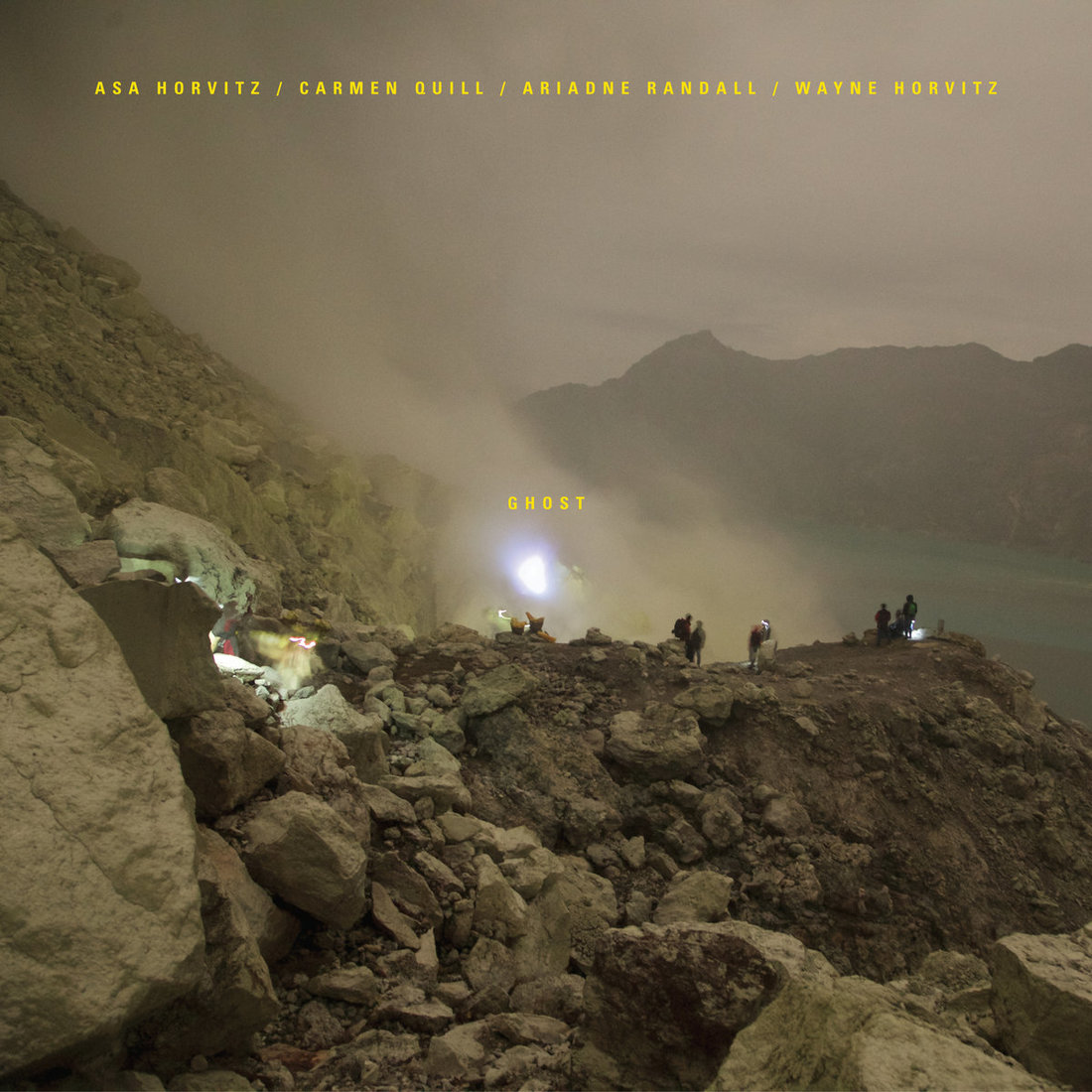
Asa Horvitz / Carmen Quill / Ariadne Randall / Wayne Horvitz - GHOST (Celestial Excursions / Het HEM)
V.A. - ¡CHICHA, Por Favor! - Grooves from El Volcan: The Heartbeat of Peruvian Cumbia (Discos Fantástico!)
The tracks featured in Chicha Por Favor Vol. 1 offer a uniquely authentic perspective on Peruvian cumbia’s intricate layers, capturing the influence of coastal rhythms, Andean folklore, and Amazonian beats, fused with elements of rock and psychedelia. From the driving electric guitars of Grupo Atlantic’s “Danza Atlantic” to the lively, Amazonian- infused grooves of Los Invasores and Los Tigres. The album reflects a diversity of styles that arose during a transformative era in Peru’s music scene. Notably, the release revives the distinctive sound of El Volcan a Cusco-based label that became a beacon for cumbia in the Andes and beyond.
Ale Hop & Titi Bakorta - Mapambazuko (Nyege Nyege Tapes)
Recorded in Kampala, 'Mapambazuko' pairs Peruvian artist and researcher Alejandra Cárdenas (aka Ale Hop) with Congolese guitarist Titi Bakorta, who locate a balmy junction between their respective approaches. Bakorta's debut album 'Molende', released on Nyege Nyege Tapes in 2023, was an eccentric rumination on his years performing a unique fusion of Congolese soukous and folk sounds, and 'Mapambazuko' picks up where it left off, looping Bakorta's wiry guitar solos around Cárdenas' psychedelic Afro-Latin rhythms and fractured synths.
Alexandra Atnif - Intolerant Red Marches
"Nothing unites like an air-raid siren."
Asa Horvitz / Carmen Quill / Ariadne Randall / Wayne Horvitz - GHOST (Celestial Excursions / Het HEM)
Cryptic, singular, and emotionally unguarded: the music-theater piece called Ghost is part experimental opera, part neo-Medieval reverie, and part avant-pop song cycle. The compositions resulted from vocal improvisations led by Horvitz and accomplished bassist and singer-songwriter Carmen Quill (also of Scree), accompanied by Ariadne Randall and Bryan West on processing, synthesizers, viola da gamba, and more.
Blacksea Não Maya - Despertar (Príncipe)
Picking up where "Máquina de Vénus" (Blacksea Não Maya) left off, this is now near 100% DJ Kolt at the controls. Slow, grinding power tools working their way across the complex web of ideas the producer lays down. Truly a next level thing, taking elements from recognized styles such as tarraxo, EDM, even trap, bending their accepted signifiers to suit his own creative mind instead of the crowd pleasing monster that constantly haunts dance music.
Cabo Verde Novo - Moreninha (Arabusta Records)
Moreninha is, first of all, a work of brotherly love. Adão and Zé Ramos, two young brothers from the island of São Nicolau, Cape Verde, suddenly found themselves in Rome, a whole new world. Far from home but united by the love of music, they formed their first group: Os Unidos. Two years later, in 1980, with the arrival of Orlando Brito, a fellow young man from the island of São Tomé, and Tchinin, Os Unidos evolved into Cabo Verde Novo. With Adão on keyboard, Zé on drums, Orlando on bass, and Tchinin on guitar, Cabo Verde Novo was active in the Roman nightlife. However, soon enough, Tchinin found work on a ship and set sail for Greece, leaving the group behind. Cabo Verde Novo was, yet again, on the look for a talented guitarist, until someone with a striking resemblance to a young Bob Marley came along: his name was Narciso Lopes, but everybody called him Tchiss. Cabo Verde Novo was finally solid enough to move from stage to studio and in 1981, at Bernardo Lafonte’s Pomodoro Studio in Sutri, they recorded Moreninha, becoming the first African group to ever record and press an album in Italy. Around 2,000 copies were pressed and quickly sold out through a tight network of family and friends scattered all over Italy, Europe and Cape Verde. Cabo Verde Novo soon became a sensation, and the band started their official Italian tour in the city of Milan, where more than 1,000 people gathered in Piazzale Lagosta. Other cities quickly followed: Palermo, Naples and Florence, to name a few. Moreninha fully encapsulates the essence of Cabo Verde Novo, where reggae, funanà, morna and coladeira become the soundtrack of four young men’s experiences in a foreign land, far from home and family, but open to the world.
